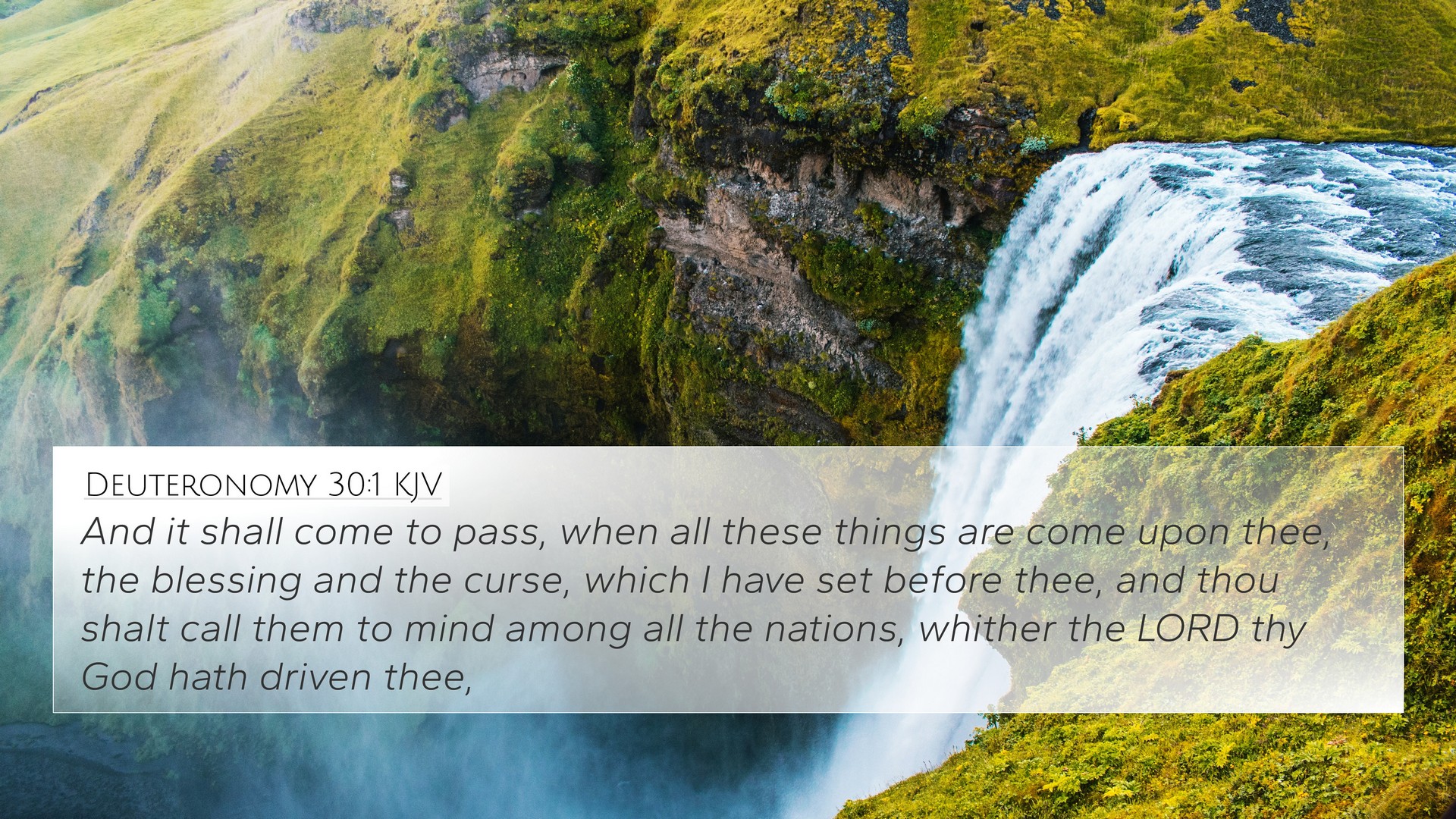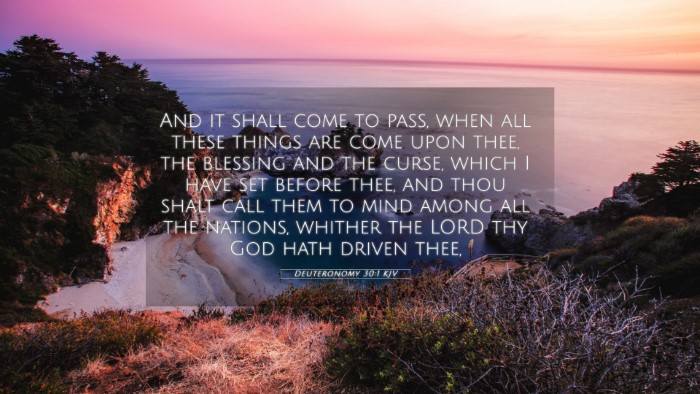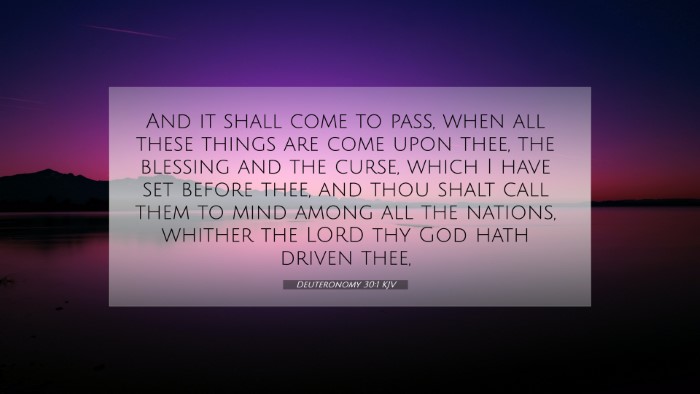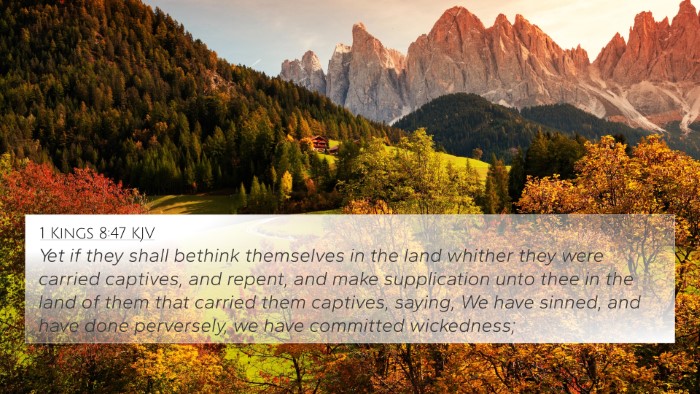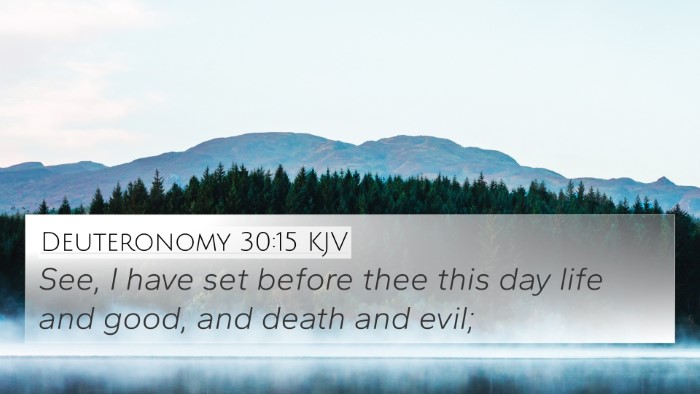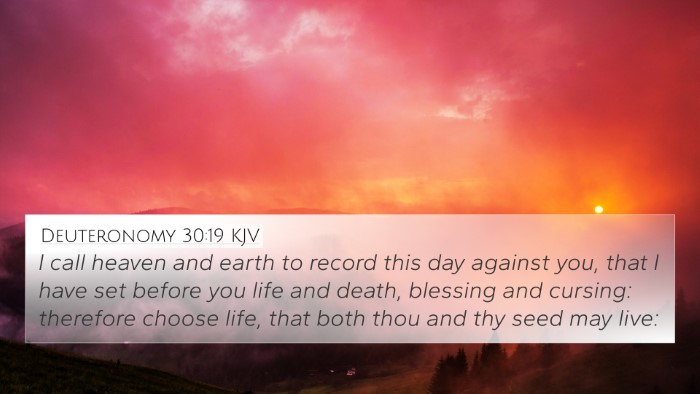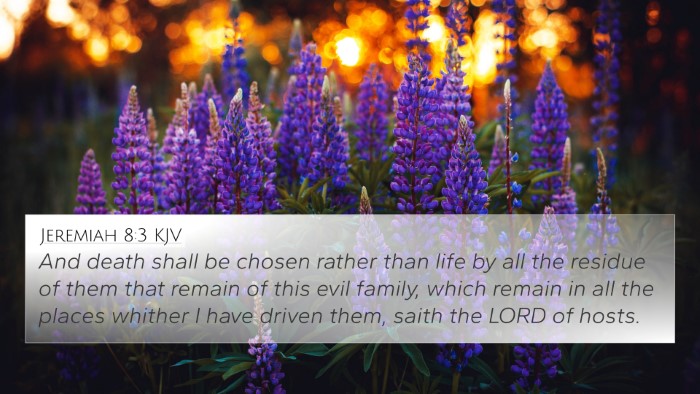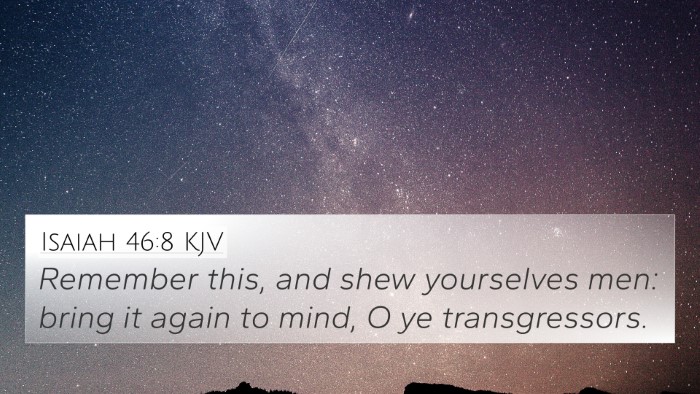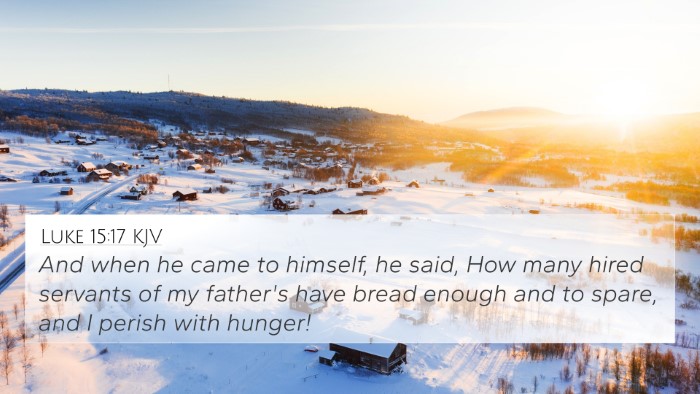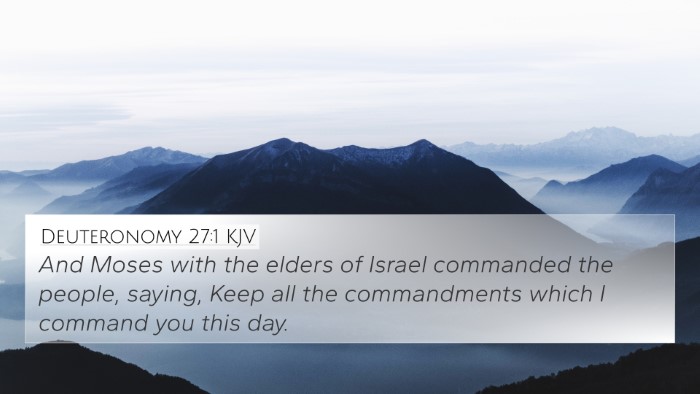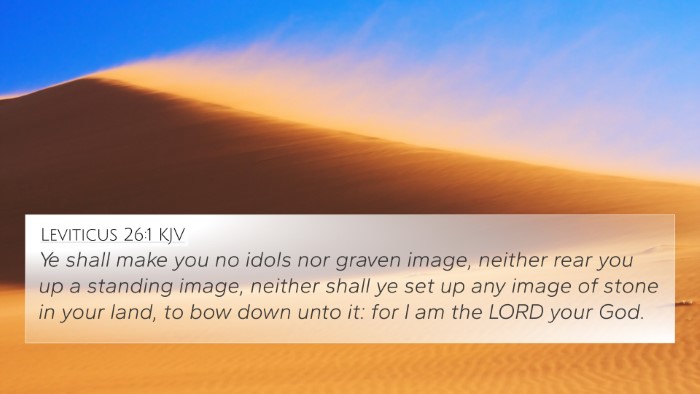Understanding Deuteronomy 30:1
Verse: "And it shall come to pass, when all these things are come upon thee, the blessing and the curse, which I have set before thee, and thou shalt call them to mind among all the nations, whither the LORD thy God hath driven thee," (Deuteronomy 30:1)
Overview of Deuteronomy 30:1
The verse is a pivotal moment in the Scriptures where Moses addresses the Israelites, summarizing the consequences of their covenant with God. It speaks about the future recognition of both blessings and curses resulting from their actions and the importance of repentance and return to God.
Commentary Insights
-
Matthew Henry:
Henry underscores the significance of remembering God's commandments and the outcomes of obeying or disobeying them. He notes that this reflects God's mercy, encouraging repentance and the assurance of restoration no matter the distance from their homeland.
-
Albert Barnes:
Barnes highlights the historical context, where the Israelites would later find themselves exiled. He emphasizes that this verse anticipates their return and the recognition of the covenant's blessings and curses, reminding them of their identity as God's chosen people.
-
Adam Clarke:
Clarke elaborates on the psychological state of the Israelites, noting that the awareness of their situation—good or bad—would lead them to repentance. He connects this verse with the grace of God to restore them if they turn back in sincerity.
Key Themes
Deuteronomy 30:1 encapsulates several crucial themes in biblical theology:
- Remembrance: The importance of recalling the past and the lessons learned.
- Divine Justice: The balance between blessings for obedience and curses for disobedience.
- Repentance: A call to return to the Lord even after falling away.
- Restoration: God's willingness to restore His people if they seek Him.
Bible Cross-References
Below is a list of Bible verses that are thematically connected to Deuteronomy 30:1, providing a deeper understanding through scriptural cross-referencing:
- Leviticus 26:40-42: Discusses confession and repentance leading to restoration.
- Jeremiah 29:10-14: Talks about the promise of return from exile when seeking God.
- Isaiah 55:6-7: Invites the wicked to turn back to God and receive mercy.
- Romans 10:1-4: Reflects on Israel’s zeal for God and the call for righteousness by faith.
- Luke 15:17-24: The parable of the Prodigal Son illustrates repentance and restoration.
- 2 Chronicles 7:14: God's promise to hear and heal when His people humble themselves.
- James 4:8: Encourages drawing near to God, with the promise that He will draw near to us.
Thematic Bible Verse Connections
This verse weaves a rich tapestry of how the Old Testament themes resonate with New Testament teachings, highlighting the continuity of God's message to His people:
- The call to repentance is echoed in numerous New Testament accounts where Jesus invites sinners to return to God.
- The blessings and curses theme can be connected to Christ's Sermon on the Mount (Matthew 5-7), where the blessed state is defined.
- Restoration talks are prominent in Revelation, where God promises to restore all things for those who remain faithful.
Conclusion
Deuteronomy 30:1 serves as a profound reminder of God's covenant faithfulness, urging readers to meditate on their relationship with Him. Through examination and cross-referencing Bible verses, one can derive greater insights into the overarching narrative of Scripture. The dynamics of blessing, cursing, repentance, and restoration lead us to a deeper understanding of God's desire for His people, both in the Old Testament and the New Testament.
